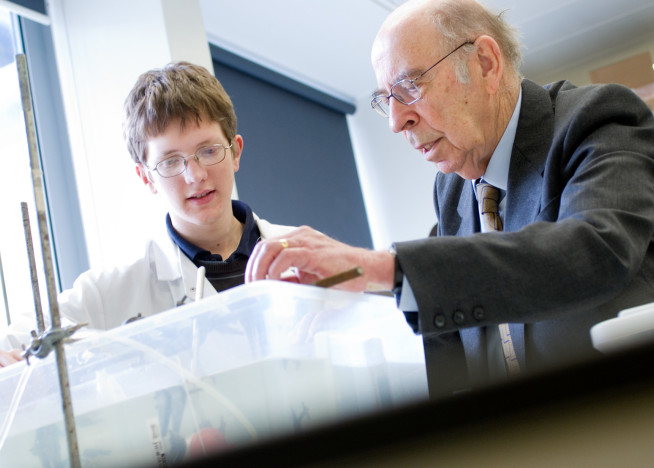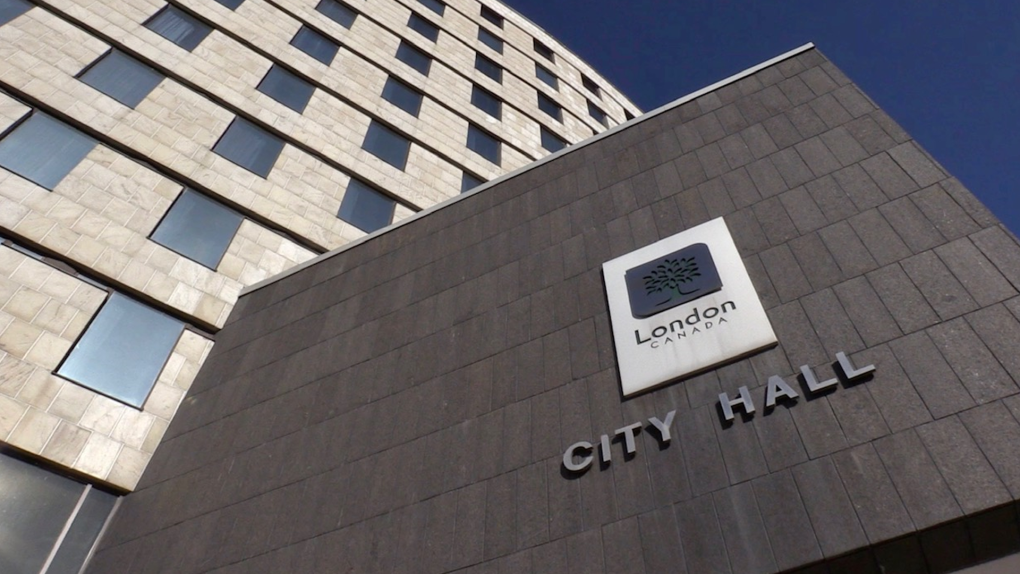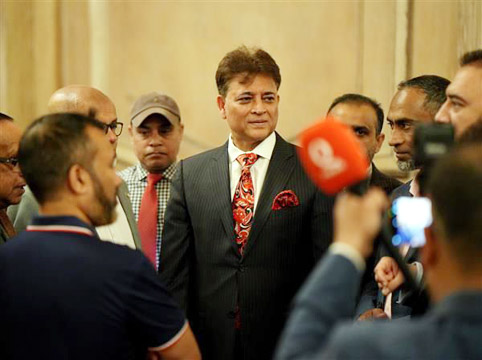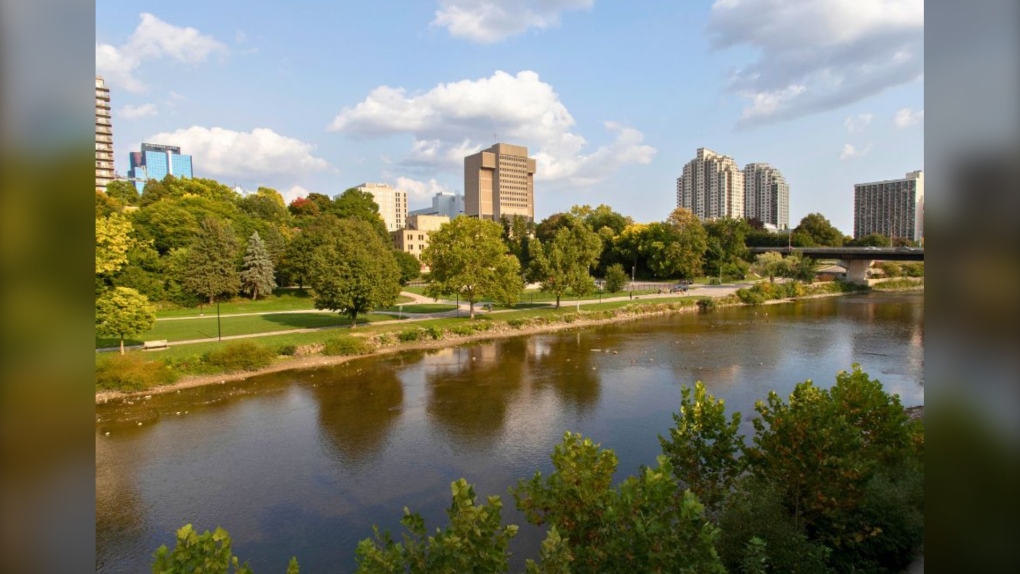
The Department of Bioengineering remembers Emeritus Professor Colin Caro, an integral and much loved pillar of the Bioengineering community.
Professor Caro was born in Durban, South Africa in 1925.
He was awarded a Doctorate in Medicine (MD) from the University of Witwatersrand in 1961, for a thesis entitled “Pulmonary Function in Patients with Kyphoscoliosis” in which he demonstrated that lung elastic recoil strongly determines airway resistance. After working in different hospitals in South Africa, New York, Pennsylvania and the UK, Colin settled in London in 1960 after being appointed as Lecturer at St Thomas’s Hospital Medical School.

The helical-centreline arterial stent created by Veryan Medical, a company founded by Professor Caro
Professor Caro’s research interests were ground-breaking and interdisciplinary. He carried out work in the fields of respiratory mechanics, atherosclerosis and arterial wall shear, non-planar vascular geometry, and flow. He also worked on new ways to image blood flow, and this led to the development of a small helical stent which was produced by spinout company, Veryan Medical.
In 1966, Professor Caro co-founded and became Director of the Physiological Flow Studies Unit (PFSU) at Imperial College London. He employed a group of gifted mathematicians, physicists, engineers, biomedical researchers, and clinicians who shared his vision of an innovative, multidisciplinary research approach. PFSU became one of the first interdisciplinary biomechanics groups in the world. The group quickly earned an international reputation in the areas of arterial and respiratory fluid mechanics, particularly for its pioneering work relating blood flow and vascular mass transport to atherosclerosis.
To fund undergraduate teaching in the unit, Professor Caro obtained grants from sources such as the British Petroleum and the Worshipful Company of Clothworkers. His fundraising and team-building abilities would go on to be a cornerstone of his career and eventual legacy. For example, three of the applied mathematicians in PFSU went on to become heads of departments: Cambridge (Tim Pedley), Imperial College London (Phil Hall) and University College London (Frank Smith).
In 1989, PFSU went on to merge with the Engineering in Medicine Laboratory which was founded as a research group in the Department of Electrical and Electronic Engineering. The amalgamated groups became The Centre for Biological and Medical Systems and then the Department of Bioengineering in 2001.
Professor Caro remained an integral part of Bioengineering even after his retirement in 1991. He was appointed as Emeritus Professor, ran an active research group, and came to the College almost every day until the start of the Coronavirus pandemic in 2020.
Professor Colin Caro from Imperial College London talks about his time at the college after celebrating his 90th birthday.
The list of Professor Caro’s professional achievements is vast. He received several honours including honorary degrees from London (2003), Paris (2005) and Witwatersrand (2010); an Invited Professorship at Tokyo Women’s Medical College (First Awardee, 1981); Inaugural Member, World Council for Biomechanics (1990); Foreign Fellowship of the American Institute of Medical and Biological Engineering (Initial Awardee, 1994); Founding Fellowship of the International Academy of Medical and Biological Engineering (2000); the Arthur Guyton Award from the International Society of Cardiovascular Medicine and Science (2003); Outstanding Engineer at the Engineer Technology and Innovation Awards (2007); and Annual Harveian Lecturer at the Harveian Society of London (2011).

Professor Caro ran an active research group and came to the College almost every day until March 2020. He is pictured here giving guidance to an undergraduate student on the set-up for the perfusion phantom imaging experiment
Professor Caro’s influence was not limited to his scientific achievements and publications. His expert opinions and intuition were of great value to his colleagues. Despite being a soft-spoken man by nature, he was still an incredibly engaging speaker due to his gravitas and presence. Above all else, his constant enthusiasm was undeniable. His drive to understand more about the human body was unrelenting, as evidenced by the fact he was still working on new ideas only weeks before his passing.
Colin will be missed by his many collaborators, students and colleagues in the Department of Bioengineering; his bioengineering influence and legacy lives on in his significant body of work and in our ongoing research and teaching endeavours.
Professor Caro was married to Rachel Alice Caro, an architect, for 57 years until her passing in 2013. He later married Marilyn Evans, who also worked at PFSU.
Professor Colin Caro is survived by a son and daughter from his marriage to Rachel, and their children and grandchildren.
https://www.imperial.ac.uk/news/235278/tribute-professor-colin-gerald-caro-1925-2022





